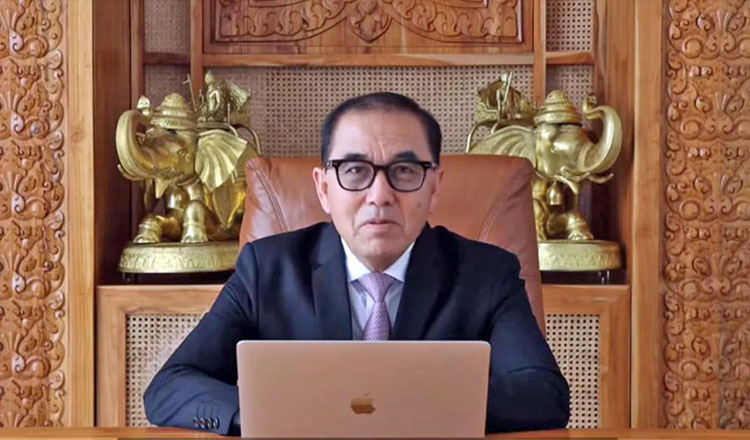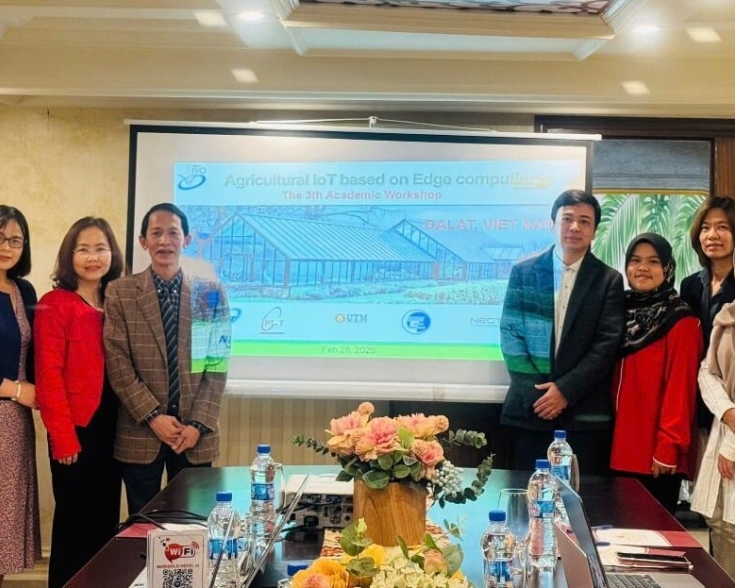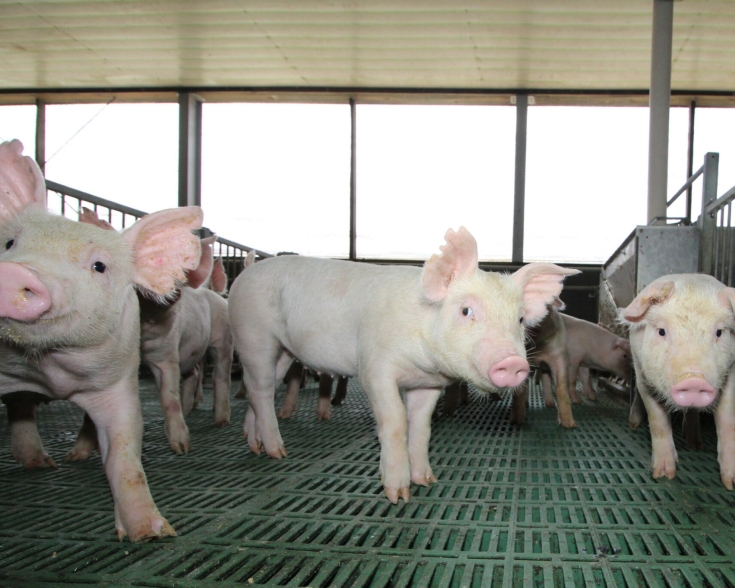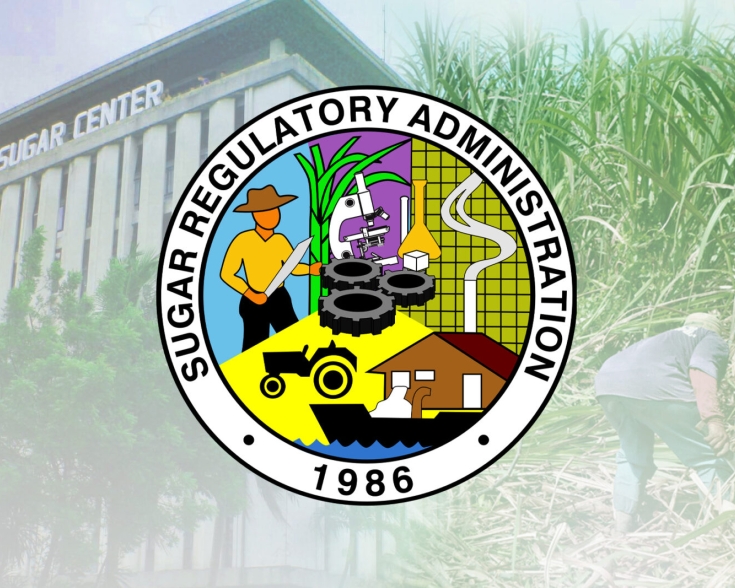Cambodia Strengthens Commitment to Sustainable Agriculture at ASEAN RAI Guidelines Review

Cambodia has reaffirmed its commitment to sustainable agricultural investment during the ASEAN RAI Guidelines Review held in Kuala Lumpur, Malaysia on February 18-19. The conference gathered regional leaders to discuss responsible investment in food, agriculture, and forestry. Veng Sakhon, a member of Cambodia’s National Assembly Commission on Planning, Investment, Agriculture, Forestry, Fisheries, Rural Development, Environment, Water Resources, and Meteorology, emphasized the crucial role of parliamentary oversight in promoting responsible agricultural investment.
Cambodia is prioritizing sustainable investment by implementing the ASEAN Guidelines on Promoting Responsible Investment in Food, Agriculture, and Forestry. Key legislative measures supporting this commitment include the Forestry Law (2022), Agricultural Cooperatives Law (2013), Investment Law (2021), and Food Safety Law (2022). Additionally, a new draft fisheries law is expected to be submitted to the National Assembly soon, further reinforcing the nation’s dedication to food security, community empowerment, and climate resilience.
The Cambodian government also remains committed supporting rural development, with a focus on food security, food safety, and sustainable agricultural systems. The Royal Government of Cambodia announced a new strategic policy [RH5] for agricultural development, aimed at transitioning from household farming to commercial agriculture. This initiative seeks to enhance farmers’ income through value-added products while ensuring environmental sustainability and climate resilience. Companies may for agricultural development, aimed at transitioning from household farming to commercial agriculture. This initiative seeks to enhance farmers’ income through value-added products while ensuring environmental sustainability and climate resilience. These policy advancements present opportunities for the private sector to engage in agribusiness investments, sustainable supply chains, and capacity-building initiatives that align with responsible agricultural practices.






